ON WRITING FANTASY: The Plot Thickens
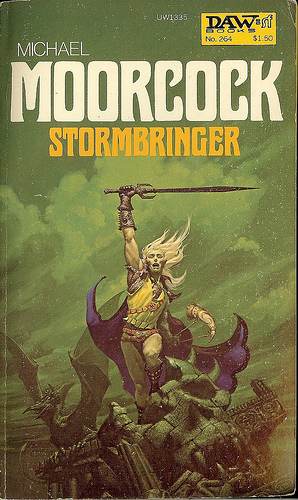 “Plot is what the characters do
“Plot is what the characters do
to deal with the situation they are in.”
— Elizabeth George
“The beginning of a plot is the prompting of desire.”
— Christopher Charles Herbert Lehmann-Haupt
“Character is plot, plot is character.”
— F. Scott Fitzgerald
What happens next?!?
In this third installment of an ongoing series I’d like to talk about the role of “Plot” in Fantasy Fiction. (Previous installments covered Originality and Style.)
On the surface, Plot sounds extremely simple. And it can be. But what is it exactly? Basically, it’s nothing more than What Happens. Plot is a series of events that follow one another in a logical order. Although sometimes that order can be intentionally mixed up to create more dramatic tension (ala Tarantino’s PULP FICTION). There is an art to writing a good plot, to being original, to rising above the recycling of “stock plots” and tired formula.
So what is the secret of writing a great plot? One word: CHARACTER.
Fitzgerald said it best: “Character is plot, plot is character.” This is a sentiment Alan Moore also echoed in his writings about the craft of writing. Another way of saying this is that Characters Will Follow Their Desires. When you have a well-imagined setting all you have to do is drop some well-imagined characters into it and let ’em go. Like scientists dropping mice into a little maze. What do the mice want? The cheese at the end. So they run and run and run until…Voila!…they solve the maze and get the cheese. (Or run themselves to death, if the story is a tragedy.)

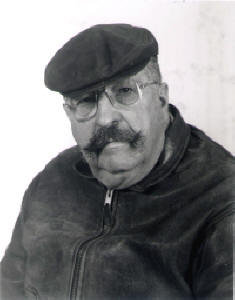 Freedom, love of neighbour, and personal responsibility are steep slopes; he could not climb them for us—we must do that ourselves. But he has shown us the road and the reward.
Freedom, love of neighbour, and personal responsibility are steep slopes; he could not climb them for us—we must do that ourselves. But he has shown us the road and the reward.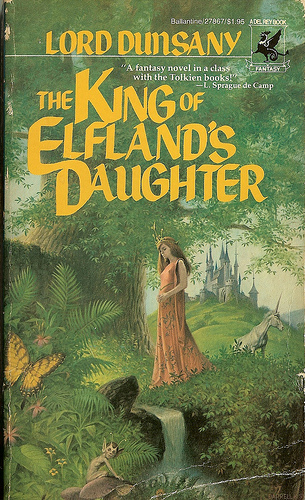 “If any man wishes to write in a clear style, let him be first clear in his thoughts…”
“If any man wishes to write in a clear style, let him be first clear in his thoughts…”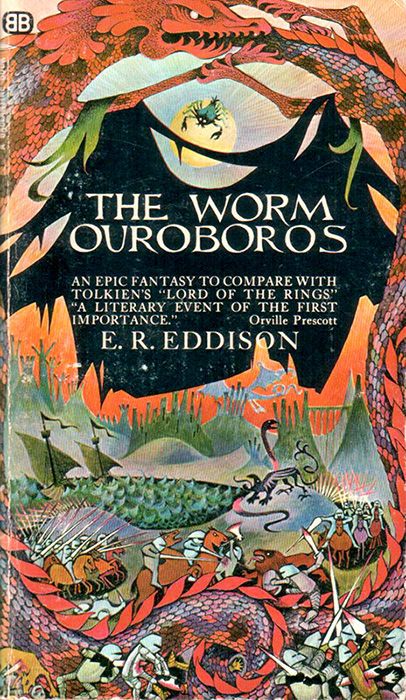 For those of us who relish Shakespeare and thrill to antique forms of language, this brilliant passage is highly enjoyable. Yet there is no doubt that its style is vastly outdated and many modern readers would shy away from this fantastic novel simply because of its weight of style and ponderous language. Beauty is in the eye of the beholder, but keep in mind that Eddison published his masterwork way back in 1922. Although beautiful and perfect for the feel of high fantasy, that language just doesn’t fly today…unless you’re staging a production of HAMLET.
For those of us who relish Shakespeare and thrill to antique forms of language, this brilliant passage is highly enjoyable. Yet there is no doubt that its style is vastly outdated and many modern readers would shy away from this fantastic novel simply because of its weight of style and ponderous language. Beauty is in the eye of the beholder, but keep in mind that Eddison published his masterwork way back in 1922. Although beautiful and perfect for the feel of high fantasy, that language just doesn’t fly today…unless you’re staging a production of HAMLET. But what about the single most important aspect of the writing process? Yes, I’m talking about butt-in-chair time. How do you get yourself into a good schedule and motivated to write?
But what about the single most important aspect of the writing process? Yes, I’m talking about butt-in-chair time. How do you get yourself into a good schedule and motivated to write?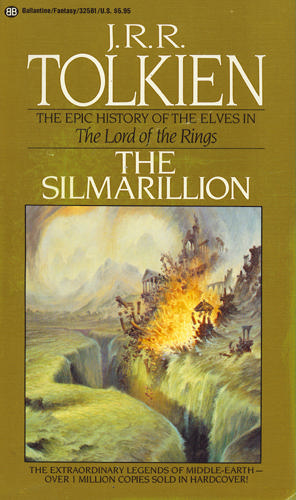 “Utter originality is, of course, out of the question.”
“Utter originality is, of course, out of the question.” Okay, writers. Let’s say you have a short story idea or two, but you don’t know the best way to write it. Some sage writers with some sales under their belts tell you that you Must Outline. Other wisened authors tell you to just, “Go where the story takes you,” that you shouldn’t outline at all.
Okay, writers. Let’s say you have a short story idea or two, but you don’t know the best way to write it. Some sage writers with some sales under their belts tell you that you Must Outline. Other wisened authors tell you to just, “Go where the story takes you,” that you shouldn’t outline at all.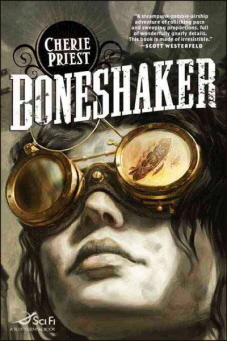 The 2010 Locus Awards winners were announced today, at the annual Science Fiction Awards Weekend in Seattle. The winners include:
The 2010 Locus Awards winners were announced today, at the annual Science Fiction Awards Weekend in Seattle. The winners include: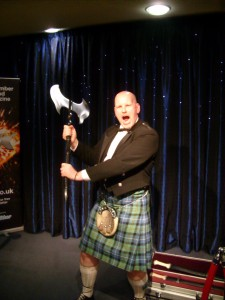 Graham McNeill’s novel Empire: The Legend of Sigmar (Black Library) is this year’s winner of the David Gemmell Legend Award for Best Fantasy Novel of 2009.
Graham McNeill’s novel Empire: The Legend of Sigmar (Black Library) is this year’s winner of the David Gemmell Legend Award for Best Fantasy Novel of 2009.